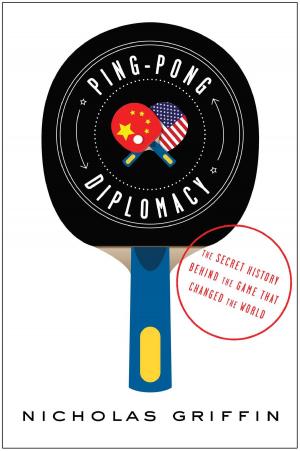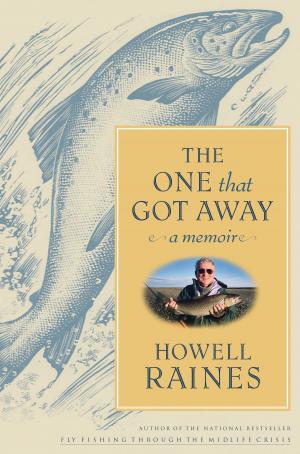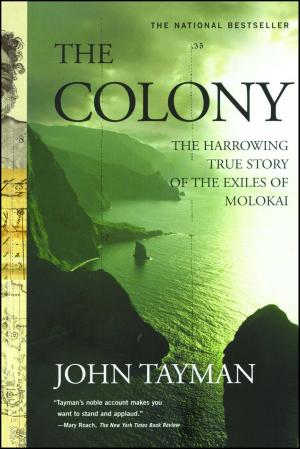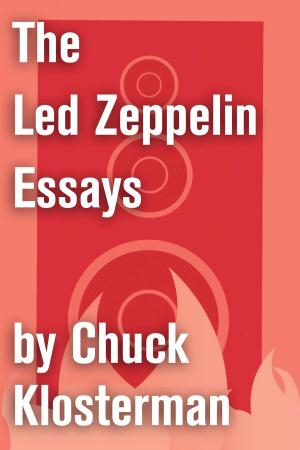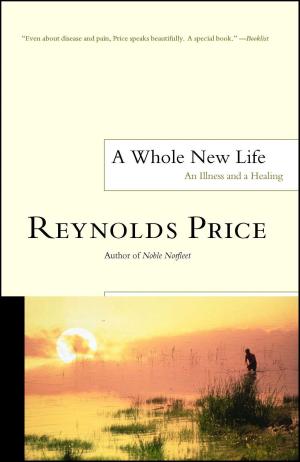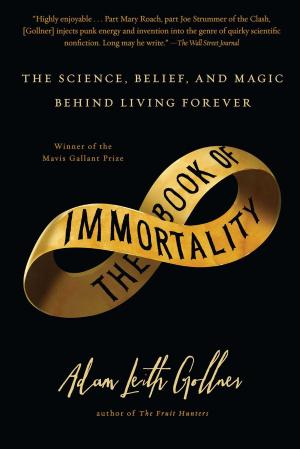The Ripple Effect
The Fate of Fresh Water in the Twenty-First Century
Nonfiction, Science & Nature, Nature, Environment, Natural Resources, Social & Cultural Studies, Political Science, Social Science| Author: | Alex Prud'homme | ISBN: | 9781439168493 |
| Publisher: | Scribner | Publication: | June 7, 2011 |
| Imprint: | Scribner | Language: | English |
| Author: | Alex Prud'homme |
| ISBN: | 9781439168493 |
| Publisher: | Scribner |
| Publication: | June 7, 2011 |
| Imprint: | Scribner |
| Language: | English |
AS ALEX PRUD’HOMME and his great-aunt Julia Child were completing their collaboration on her memoir, My Life in France, they began to talk about the French obsession with bottled water, which had finally spread to America. From this spark of interest, Prud’homme began what would become an ambitious quest to understand the evolving story of freshwater. What he found was shocking: as the climate warms and world population grows, demand for water has surged, but supplies of freshwater are static or dropping, and new threats to water quality appear every day. The Ripple Effect is Prud’homme’s vivid and engaging inquiry into the fate of freshwater in the twenty-first century.
The questions he sought to answer were urgent: Will there be enough water to satisfy demand? What are the threats to its quality? What is the state of our water infrastructure—both the pipes that bring us freshwater and the levees that keep it out? How secure is our water supply from natural disasters and terrorist attacks? Can we create new sources for our water supply through scientific innovation? Is water a right like air or a commodity like oil—and who should control the tap? Will the wars of the twenty-first century be fought over water?
Like Daniel Yergin’s classic The Prize: The Epic Quest for Oil, Money & Power, Prud’homme’s The Ripple Effect is a masterwork of investigation and dramatic narrative. With striking instincts for a revelatory story, Prud’homme introduces readers to an array of colorful, obsessive, brilliant—and sometimes shadowy—characters through whom these issues come alive. Prud’homme traversed the country, and he takes readers into the heart of the daily dramas that will determine the future of this essential resource—from the alleged murder of a water scientist in a New Jersey purification plant, to the epic confrontation between salmon fishermen and copper miners in Alaska, to the poisoning of Wisconsin wells, to the epidemic of intersex fish in the Chesapeake Bay, to the wars over fracking for natural gas. Michael Pollan has changed the way we think about the food we eat; Alex Prud’homme will change the way we think about the water we drink. Informative and provocative, The Ripple Effect is a major achievement.
AS ALEX PRUD’HOMME and his great-aunt Julia Child were completing their collaboration on her memoir, My Life in France, they began to talk about the French obsession with bottled water, which had finally spread to America. From this spark of interest, Prud’homme began what would become an ambitious quest to understand the evolving story of freshwater. What he found was shocking: as the climate warms and world population grows, demand for water has surged, but supplies of freshwater are static or dropping, and new threats to water quality appear every day. The Ripple Effect is Prud’homme’s vivid and engaging inquiry into the fate of freshwater in the twenty-first century.
The questions he sought to answer were urgent: Will there be enough water to satisfy demand? What are the threats to its quality? What is the state of our water infrastructure—both the pipes that bring us freshwater and the levees that keep it out? How secure is our water supply from natural disasters and terrorist attacks? Can we create new sources for our water supply through scientific innovation? Is water a right like air or a commodity like oil—and who should control the tap? Will the wars of the twenty-first century be fought over water?
Like Daniel Yergin’s classic The Prize: The Epic Quest for Oil, Money & Power, Prud’homme’s The Ripple Effect is a masterwork of investigation and dramatic narrative. With striking instincts for a revelatory story, Prud’homme introduces readers to an array of colorful, obsessive, brilliant—and sometimes shadowy—characters through whom these issues come alive. Prud’homme traversed the country, and he takes readers into the heart of the daily dramas that will determine the future of this essential resource—from the alleged murder of a water scientist in a New Jersey purification plant, to the epic confrontation between salmon fishermen and copper miners in Alaska, to the poisoning of Wisconsin wells, to the epidemic of intersex fish in the Chesapeake Bay, to the wars over fracking for natural gas. Michael Pollan has changed the way we think about the food we eat; Alex Prud’homme will change the way we think about the water we drink. Informative and provocative, The Ripple Effect is a major achievement.


